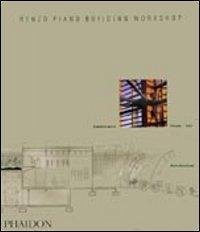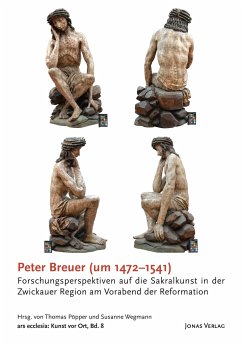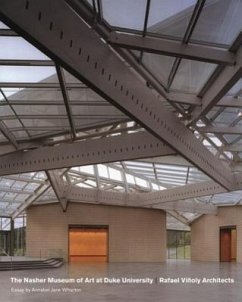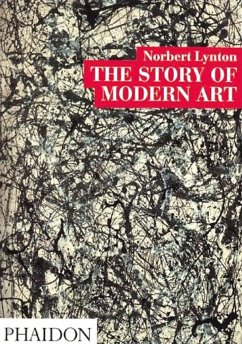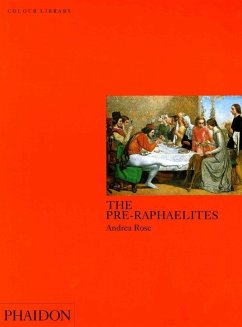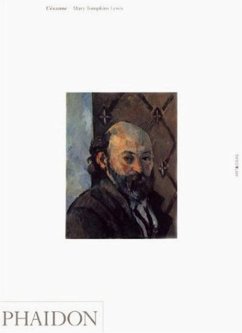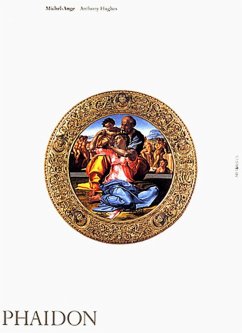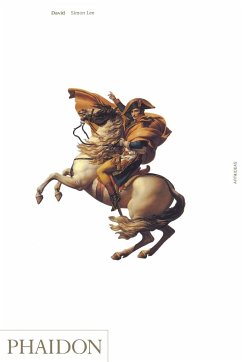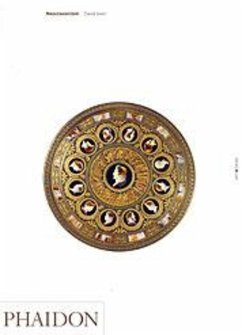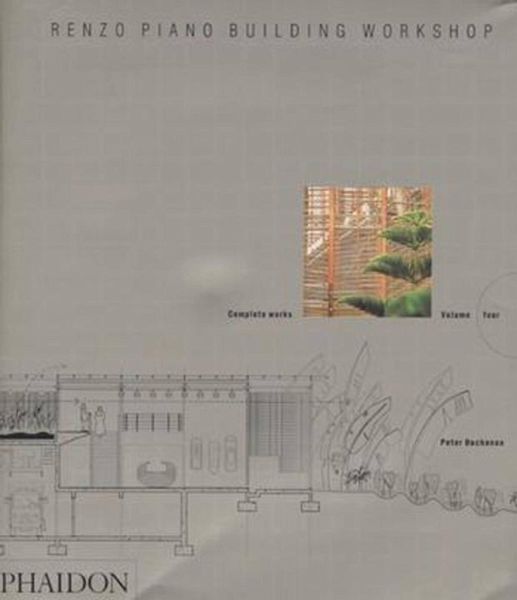
Renzo Piano Building Workshop
Complete Works
Versandkostenfrei!
Versandfertig in über 4 Wochen
29,99 €
inkl. MwSt.
Weitere Ausgaben:

PAYBACK Punkte
15 °P sammeln!
One of the most acclaimed designers of his generation, Renzo Piano established his international reputation through his collaboration with Richard Rogers and Peter Rice on the Centre Pompidou in Paris. The Renzo Piano Building Workshop has since completed projects as diverse as the gallery for the De Menil Collection in the USA and the Columbus International Exposition in Italy. This series of four volumes covers his entire body of work to date. Now available for the first time in paperback, Volume 4 in this outstanding series examines projects from 1989 to 2000, ranging from urban works such as the Postdamer Platz masterplan in Berlin and high-rise towers in Rotterdam and Sydney, to the Beyeler Foundation and the Jean-Marie Tjibaou Cultural Centre in New Caledonia, which exemplifies Piano's sensitivity to site and local tradition, combining traditional materials and techniques with the latest technology. 'An immaculate offering ... on a decade of diverse work.' (Architects' Journal)
As Peter Buchanan has shown in the first three volumes of Renzo Piano Building Workshop , the architect follows no fashions of form or theory, nor is he confined to a personal idiom. Instead he concerns himself with the specifics and potential of a particular situation and moment, meeting the challenges of the programme, pushing the limits of technology, and yet always responding sensitively to the topography or urban fabric of the building's site. This fourth volume provides an illuminating study of Piano's working method, with particular focus on his regard for context, followed by a detailed presentation of his projects from 1989 to 2000. These range from urban works such as the Potsdamer Platz masterplan in Berlin, a science museum in Amsterdam and high-rise towers in Rotterdam and Sydney, to the acclaimed Beyeler Foundation, and the Jean-Marie Tjibaou Cultural Centre in New Caledonia. Technical drawings and descriptive analysis explain innovative solutions to structural problems. A strong sense is given of Piano's acute sensitivity to site and local tradition, combining traditional materials and techniques with those from the cutting edge of technology.



